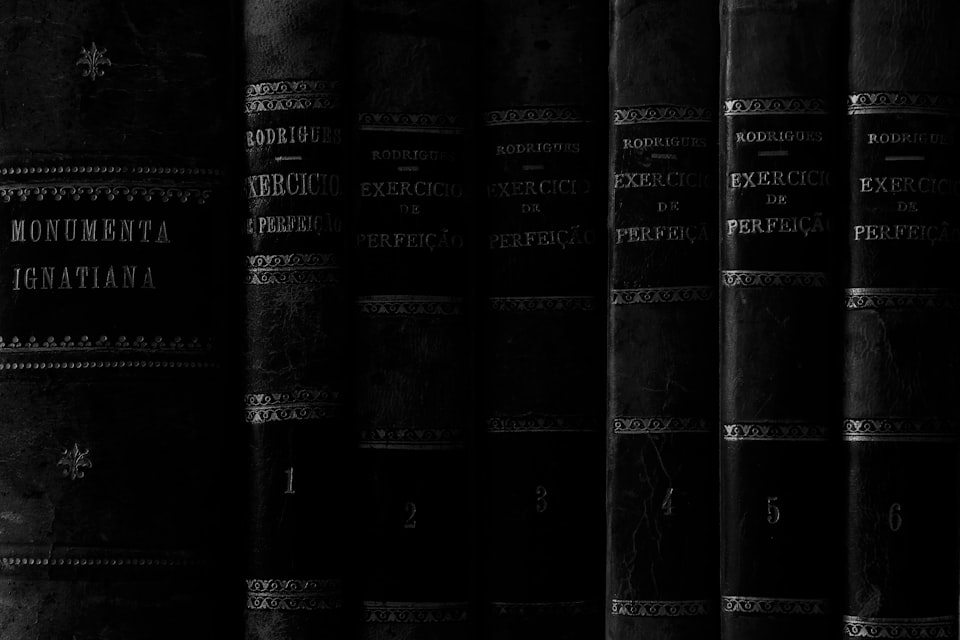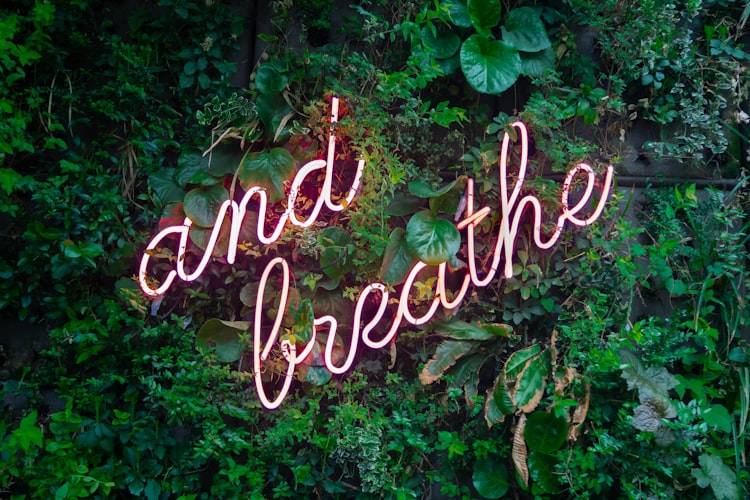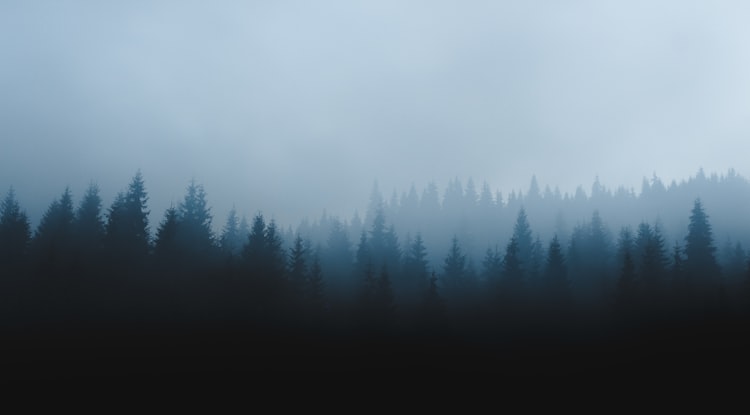Quake Books

I’ve been thinking about quake books recently. The concept of ‘quake’ books and ‘quake’ reading came to me through Ryan Holiday, who in an almost decade-old blog post discussed an email exchange he had with the economist Tyler Cowen.
In the exchange, Cowen noted that as he gets older he’s running out of books to read that can profoundly change his views or open up his mind to something new—or at least that’s how I interpreted his thoughts. (As it happens, Holiday and Cowen’s morning routines—both of which include reading quake books whenever possible—can be found in my book.)
I’ve found this to be true in my own reading, yet I am fortunate to be young enough (and to not have read especially voraciously in my early twenties) that such books still exist to grab me. I’ve read two quake books this year, out of 45 total books for the year so far.
Quake books may not come around that often, but when they do, you know it. You get a tingling feeling on the back of your neck, and you just have to read on; you have to. It’s a different sensation to being in the middle of a gripping scene in a thriller, it’s something much more urgent. You need to absorb everything on the pages in front of you, as fast as you can. It’s primal, it represents your true thirst for knowledge.
Quake books represent why we read. ∎



